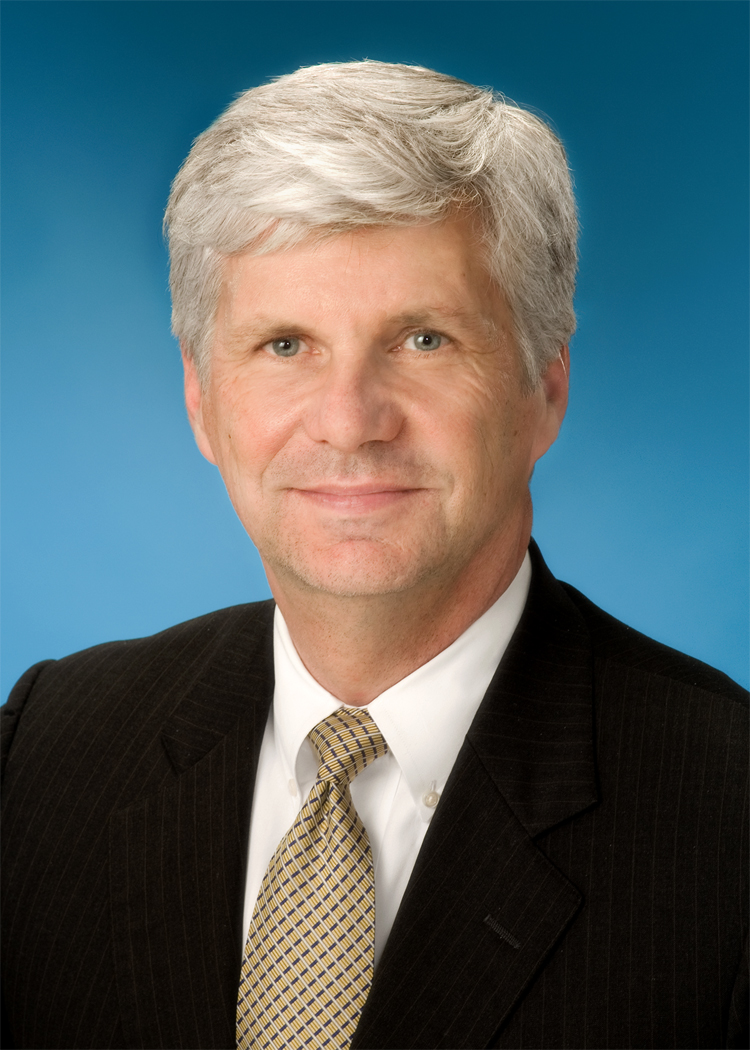
Contact: Alex Coffin, 704-364-2942, alexcoffin@mindspring.com; Palmer Holt, 704-663-3303m palmer@infinityconcepts.net; Download media kit at www.integrity.com/media.html
Photo: William C. "Skip" Mathews, hi-resolution version
"The UNH study is welcome and useful, but we believe the percentages are even higher," said William C. "Skip" Mathews, president of Integrity Online, the nation's oldest and largest Internet filter solution provider. "The data is already outdated, other studies have shown higher exposure, and our own experience says otherwise. Plus, children and teens often don't respond openly and honestly to researchers, especially discussing something as uncomfortable as pornography.
"I've been the father of three teenage boys, so I know what the realities and challenges are," he said.
Matthews said the data in the UNH study is now almost two years old.
"This is the nature of research, but two years should be looked at like 'dog years' in Internet time," he said.
"Think about the rapid transition to high-speed Internet access from dial-up, and how the volume of page views is increasing exponentially," said Mathews. "Rapidly advancing technologies, such as IPODs, the latest cell phones and Internet-ready gaming devices, have created even more channels for pornography to reach kids. Increasingly popular social web sites, like MySpace.com and Facebook, are also fertile ground for pornography."
Mathews said a London School of Economics Study showed 57 percent of 9-19 year olds had come in contact with online pornography.
Integrity Online blocked more than 200 million pornography-laden web pages and emails in 2006, he said. One customer recently had more than 10,000 spam emails blocked in a two-week period.
The UNH study recommended that parents become more educated and get state-of-the-art Internet filters.
"Unfortunately, even though 48 percent of parents use some type of parental controls, as the study indicates, many have been lulled into a false sense of security and think their children are protected, when they are not," he said.
"Children and teens often are far ahead of parents in knowing how to get around out-dated and inadequate blocks," said Mathews. "A firewall is not a filter. And, besides, would a responsible parent want the same cable company trying to sell them the 'Playboy' channel to make moral decisions about what their child can see on the Internet via that company's filter?"
Some inadequate filters, for example, block the word "breast," which can block pornography, but also block sites on cancer research and chicken recipes, he said. New filter technology guarantees much greater accuracy.
Integrity Online, using artificial intelligence technology that analyzes Internet information 600 different ways, can identify and eliminate inappropriate and obscene content before it reaches any of its current 30,000 customers nationwide, Mathews said.
Integrity Online, located in




 Sign Up to Receive Press Releases:
Sign Up to Receive Press Releases: